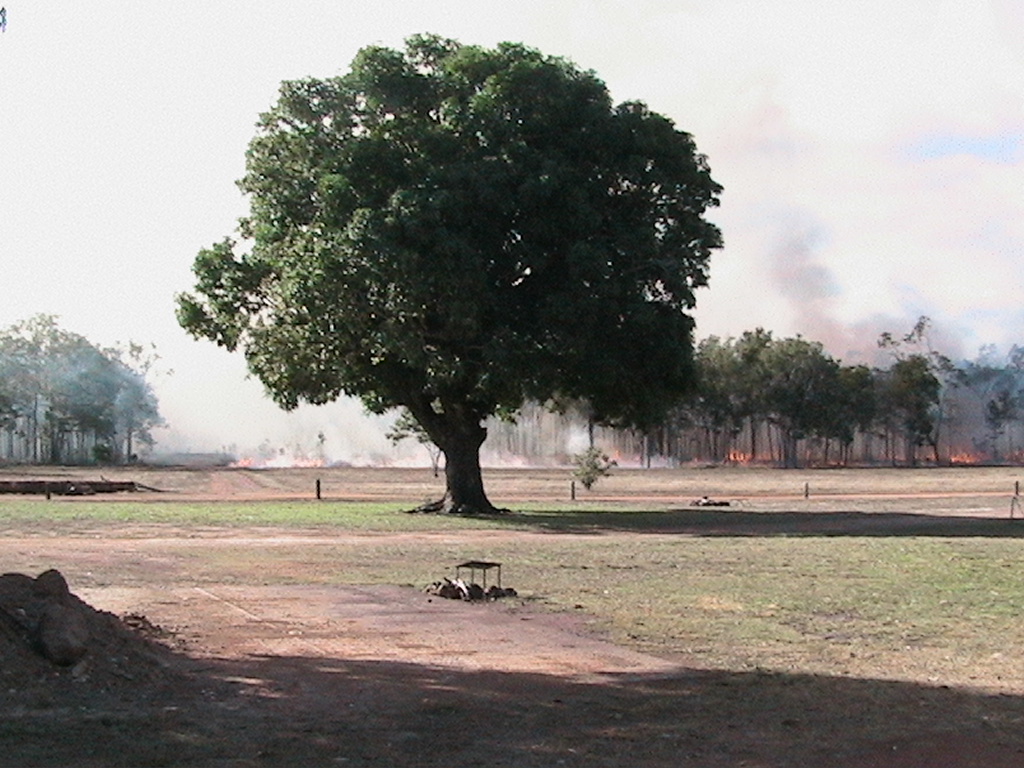Ben Roberts-Smith’s Defamation Appeal: A Former SAS Soldier’s Legal Setback Over War Crimes Allegations
In a recent legal development, Ben Roberts-Smith, the former SAS soldier at the center of serious allegations regarding war crimes committed during his service in Afghanistan, has suffered a defeat in his appeal against a defamation ruling. The court’s decision upheld previous findings that painted Roberts-Smith’s actions in a highly negative light, raising significant questions about his conduct during a tumultuous period of warfare.
The case has garnered substantial media attention, not only for its implications on military conduct and accountability but also for its broader ramifications on issues such as press freedom and the role of journalism in uncovering truths about war. Roughly a year after the initial defamation judgment was made, Roberts-Smith’s appeal sought to overturn the findings that had deemed him liable for defamation after a major media outlet published allegations about his involvement in war crimes.
While the outcome of this appeal is just one chapter in a much larger narrative, it highlights the ongoing discourse surrounding the responsibilities of service members and the importance of transparency in military operations. As the legal proceedings unfold, observers remain divided on the implications of this ruling—not only for Roberts-Smith but also for the institutional integrity of the military and the press.
This development serves as a poignant reminder of the complexities inherent in defining accountability in times of conflict, as well as the enduring impact of allegations on the lives of those involved. The public will undoubtedly continue to follow this case closely, with many eager to see how this will influence future discussions around war ethics and the treatment of accusations against veterans.
As we await further updates, one thing remains clear: the intersection of military service, ethical standards, and the pursuit of justice will remain a critical focal point in both legal circles and public discourse alike.



